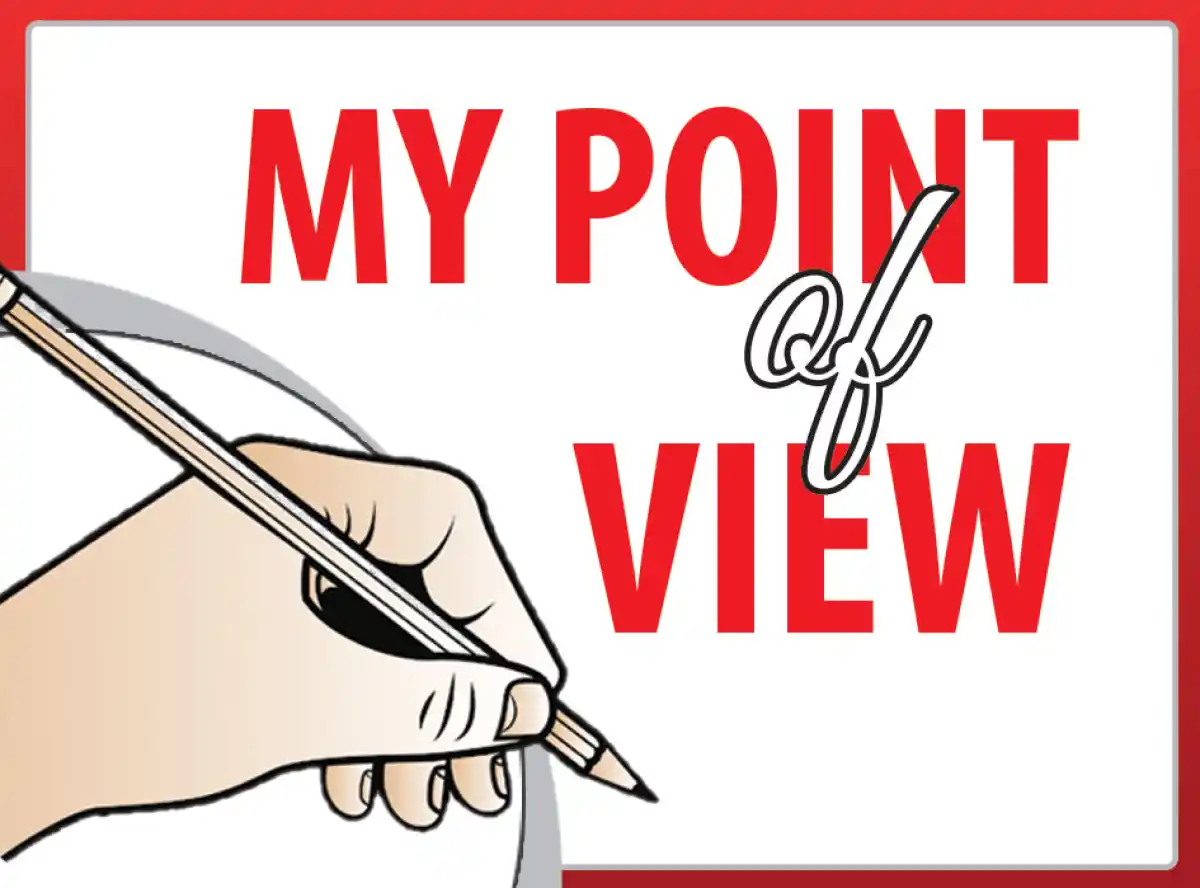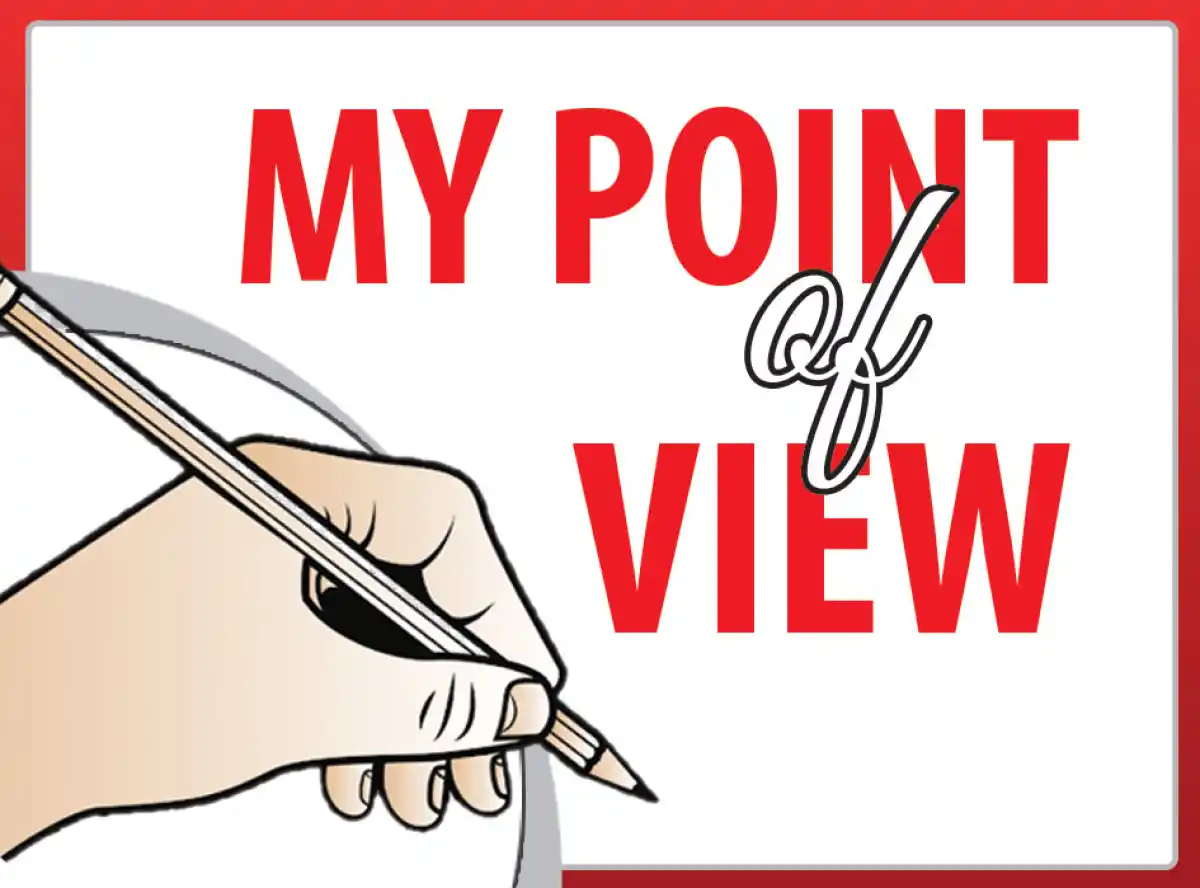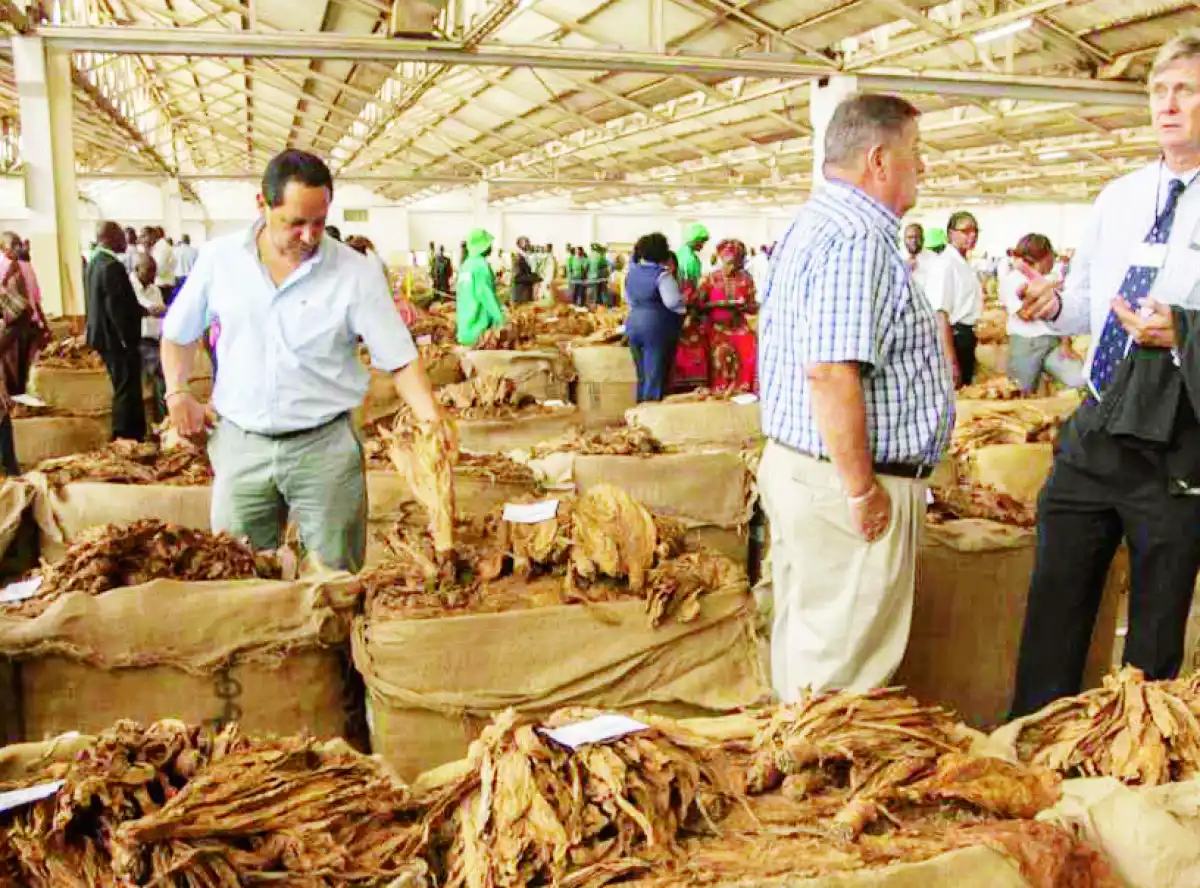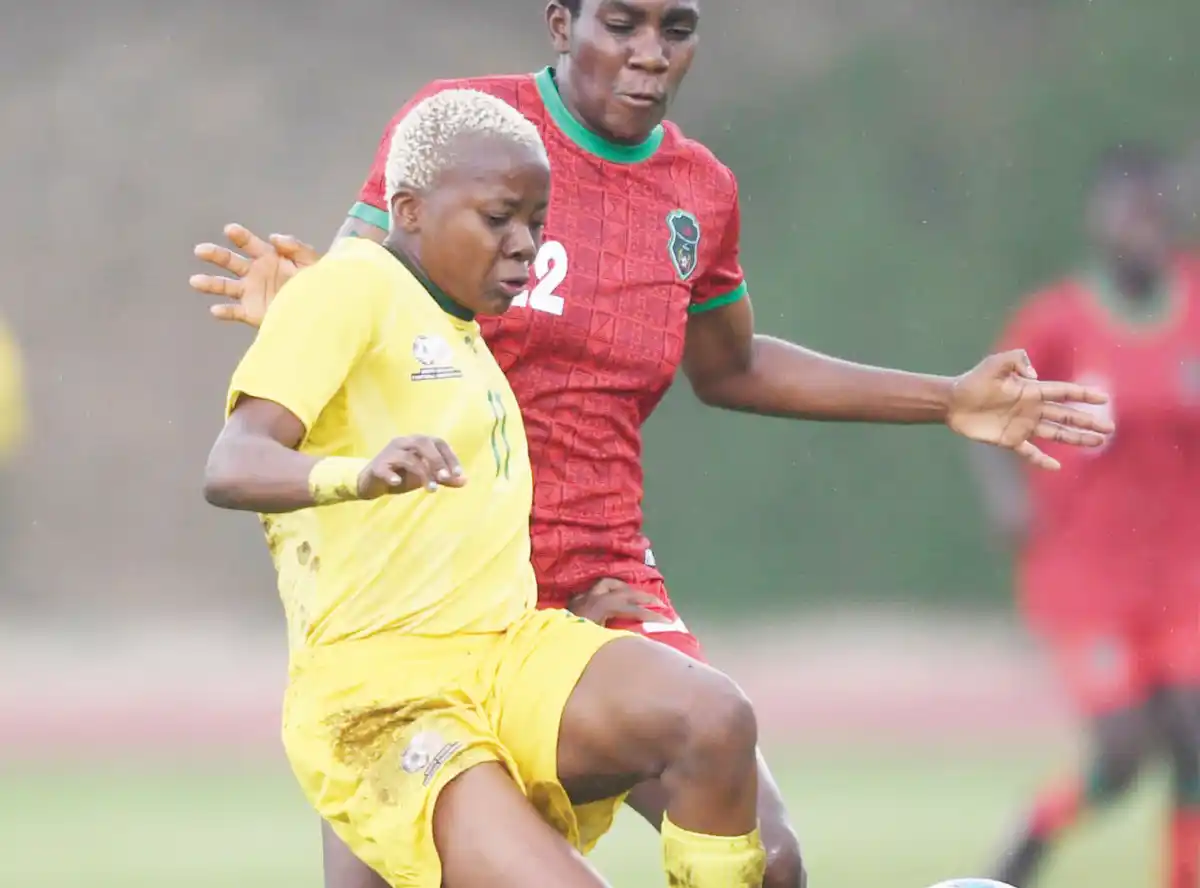Now, the culture of allowances has been the most controversial and highly debated issue in Malawi. The definition of ‘allowance’ also varies from one institution to another. However, in the public sector, or in government, an allowance is defined for purposes such as travel, accommodation, meals, and the so-called incidental pocket money.
Nonetheless, what most attracts attention is payment provided to officers as an off-duty allowance. This is a form of gratification or compensation simply because someone has left their duty station to work elsewhere. A related concept is called disturbance allowance.
Of concern is the question whether public money should be spent as an out-of-duty station allowance when government officers are attending a state funeral, or any other funeral connected to public offices. If taxpayers’ money is spent as allowances for public officers attending funerals, the implications on the national budget should be deeply investigated.
Now, attending funerals, state or non-state, is something that is ingrained in our cultural and social values. Religious affiliations are another incentive for funeral attendance. Recently, politics is increasingly playing a prominent role in mobilizing funeral attendance. Suffice to say that Malawians are socially and religiously united around funerals.
When Vice President Chilima (VP) died, Malawians and non-citizens displayed highest levels of unity in national grief. The same was observed around the funeral of former First Lady Patricia Shanil Dzimbiri. There was no difference in terms of huge numbers of people that came out to patronize funeral processions of the seven others who died in that tragic plane crash in the forested hills of Chikangawa. We continue to mourn this painful loss.
However, it is important that public funds spent during the state funerals should be accounted for. Late Chilima would not have condoned the behavior of using funerals as an opportunity to make money or rake in extra income through dubious allowances counted using manipulated calculators.
We still have in mind audit queries raised by the National Audit Office (NAO) over allowances and abuses over Covid 19 funds. What also comes to mind are abuses of funds, donations and non-monetary resources during Cyclone Freddy and other disasters. Some public institutions and public officers have this penchant towards self-aggrandizement even during calamities.
Some public officers display no iota of compassion towards families that are bereaved and experiencing hardships. Some officers have enriched themselves through allowances carted during disasters such that these moments of sorrow are in fact money making platforms for these heartless civil servants.
Sadly, this behavior permeates all echelons of the public service where senior officers join in this frenzy of legalized looting. Sometimes junior officers fight for seats in institutional buses and other vehicles ferrying officials to funerals partly because there is an allowance of some sort to be gained.
However, not all public institutions display such cannibalistic behavior. Other civil servants and public officials conduct themselves with high integrity during funerals. After all, the maxim is that one should attend funerals to commiserate with the bereaved, show compassion, and commemorate the lives of the departed beloved ones.
The expectation is that the death of VP Chilima and eight others, should not present an opportunity for funeral corruption and abuse of public funds. All services that were hired and paid for using public funds should be scrutinized. All money spent on fuels used by public officials and government vehicles should be closely followed.
The funeral budget should be monitored, especially the Budget Vote on Unforeseen Expenditures. Expenses need to be closely tracked because such prudence and fiscal discipline is what late VP Chilima would have wanted to happen under public sector reforms. Government needs mindset change and implement reforms on allowances paid for funeral attendance.








0 Comments